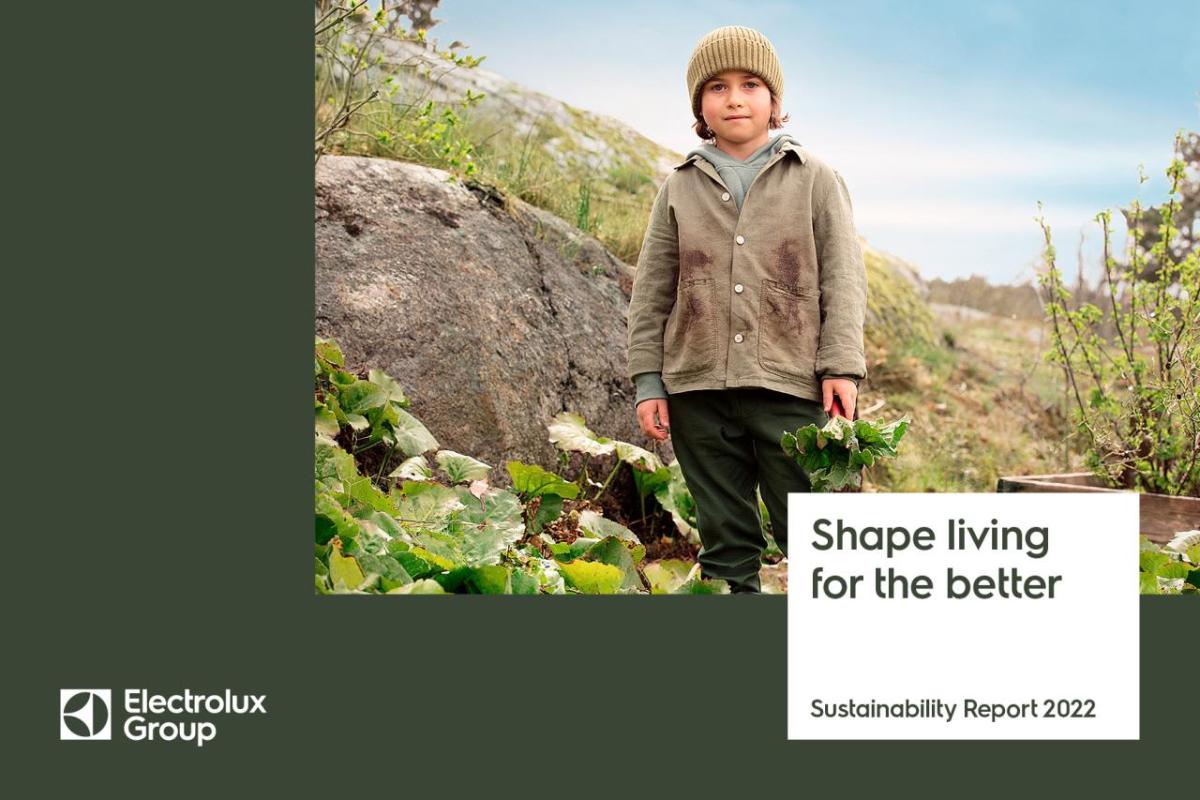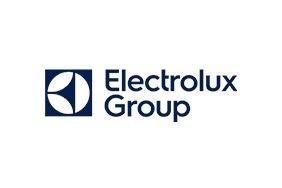Electrolux Group Becomes One of the First Companies To Meet Science-Based Climate Target
Electrolux Group has reduced its absolute scope 1 and 2 greenhouse gas emissions (direct and indirect in operations) by 82% compared to 2015 – going beyond its 2025 target of 80%. Scope 3 emissions (when products are in use) also decreased by over 25% compared to 2015, which is in line with the company’s 25% reduction target by 2025. This means the company has reached its 2025 science-based target three years ahead of plan.
“We were among the first 100 companies to set a global ambitious climate target – and now we are among the very first companies to meet it. As a leader in sustainability, we have a responsibility to show what is possible and this result does just that,” says Jonas Samuelson, Electrolux Group CEO.
“Our work doesn't stop here. We're already in the process of getting our new science-based target approved while we continuously work toward being a more sustainable company through our operations, products and how we enable consumers to live more sustainably,” adds Vanessa Butani, Electrolux Group VP Sustainability.
“By setting a bold science-based target companies show their commitment to do their part in keeping global warming below 1.5°C in line with the Paris Climate Agreement. Achieving its first ambitious science-based target, Electrolux Group is a great example of an organization working to make our economy fit for people and planet,” says Maxfield Weiss, Executive Director CDP Europe, partner within The Science Based Targets initiative.
Sustainability Report 2022 highlights in brief
Better company
* 98% of electricity used in global operations comes from renewable sources.
* 124,000 people engaged by the Electrolux Food Foundation on sustainable eating since 2016.
* 35% of ocean cargo transported with more sustainable fuels.
Better solutions
* The Group’s most energy and water efficient products accounted for 24% of total units sold and 39% of gross profit.
* 70% recycled plastic in the inner liners of the Group’s new built-in refrigerators.
* 4,000 components tested for chemical compliance.
Better living
* Fridge with Cooling 360 and ColdSense make ingredients last longer and help reduce food waste.
* Millions reached through a global campaign to encourage more sustainable laundry habits.
* First vacuum cleaner without paint to reduce chemical use, energy and material impact.
Further highlights
Innovation drives sustainable products
One sustainability breakthrough was a built-in refrigerator range that includes a new Ecometer to help consumers make more energy efficient choices and inner liners that are made from 70% recycled plastic. In laundry products, new front-load washers save an average of over 450 liters of water per year compared with a top-load washer.
Almost 98% of manufacturing waste recycled or recovered
By the end of 2022, 55% of Electrolux Group factories were certified to its "Zero Waste to Landfill" program – toward the objective to third-party certify all sites by 2025. The goal of the Zero Waste to Landfill program is to recycle and recover more than 99% of the total waste generated by all the company’s manufacturing sites around the world by 2025.
Inspiring kids across the globe on more sustainable eating
In 2022, the Electrolux Food Foundation launched a toolkit to give teachers the tools to educate kids about sustainable eating. So far 88,000 children globally have become a Food Hero – to promote a more sustainable world. The Food Heroes toolkit is freely available for anyone to download from www.replate.com.
Download the full and short versions of the report here:
Electrolux Group Sustainability Report 2022 – PDF
Electrolux Group Sustainability in Brief 2022 – PDF
About the Science Based Targets initiative
The Science Based Targets initiative (SBTi) is a global body enabling businesses to set ambitious emissions reductions targets in line with the latest climate science. It is focused on accelerating companies across the world to halve emissions before 2030 and achieve net-zero emissions before 2050.
The initiative is a collaboration between CDP, the United Nations Global Compact, World Resources Institute (WRI) and the World Wide Fund for Nature (WWF) and one of the We Mean Business Coalition commitments. The SBTi defines and promotes best practice in science-based target setting, offers resources and guidance to reduce barriers to adoption, and independently assesses and approves companies’ targets.



